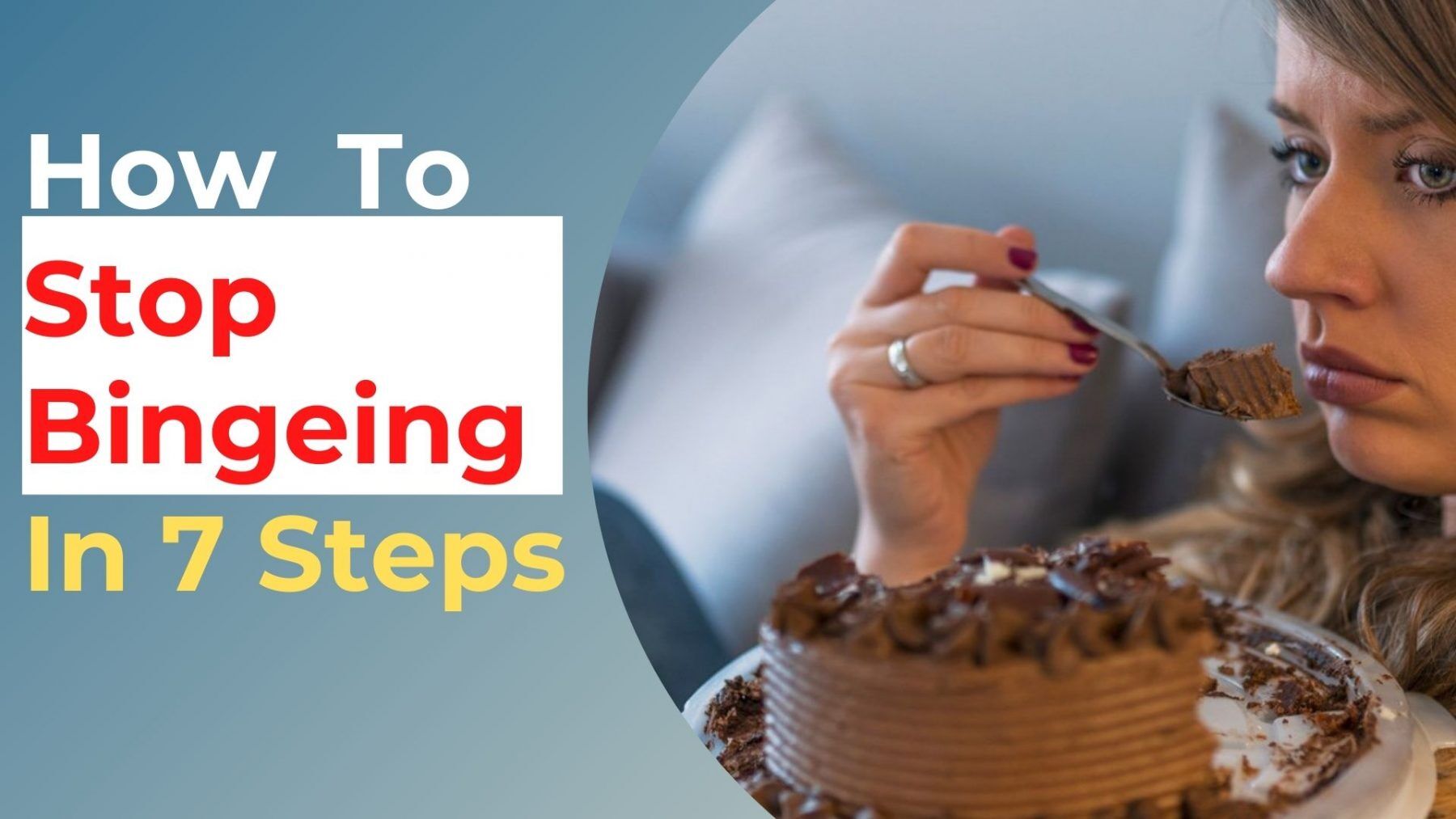Binge eating is a disorder that affects many people.
It can be hard to stop because of how intense the feelings are when someone is bingeing.
(Please know that other terms for binge eating include: emotional eating, stress eating, binge eating disorder, etc. So if you are thinking this doesn’t apply to you, think again!)
This article will teach you how to stop binge eating in 7 steps.
- The first two steps are about prevention. Because they say ‘a pinch of prevention is worth a pound of cure’.
- The next four steps are about what-to-do-in-the-moment you are starting to crave and are about to binge.
- The last step is how you can practice, repeat and improve the first six steps until you totally stop bingeing.
Let’s dive in with prevention!
1 – Eat Enough + Don’t Diet = Don’t Get Too Hungry
This first step can be explained several different ways.
But there is one underlying theme you really need to heed.
Don’t get too hungry.
If you get too hungry then you will binge.
It’s very important you understand that your biology and stomach will make you binge if you get too hungry.
Did you know that after the Holocaust, American soldiers had to stop Jewish Holocaust survivors from eating?
The Jewish Holocaust survivors had been nearly starved to death. They were so skinny and hungry and starving!
When American soldiers first rescued the prisoners, they gave the prisoners access to bread.
But sadly, these prisoners couldn’t stop themselves from eating. Many died from eating too much bread because they couldn’t stop themselves from eating and their stomachs expanded too fast.
The American soldiers learned a painful lesson from the people they had just rescued!
Starving people will eat and eat and eat until they eat way too much.
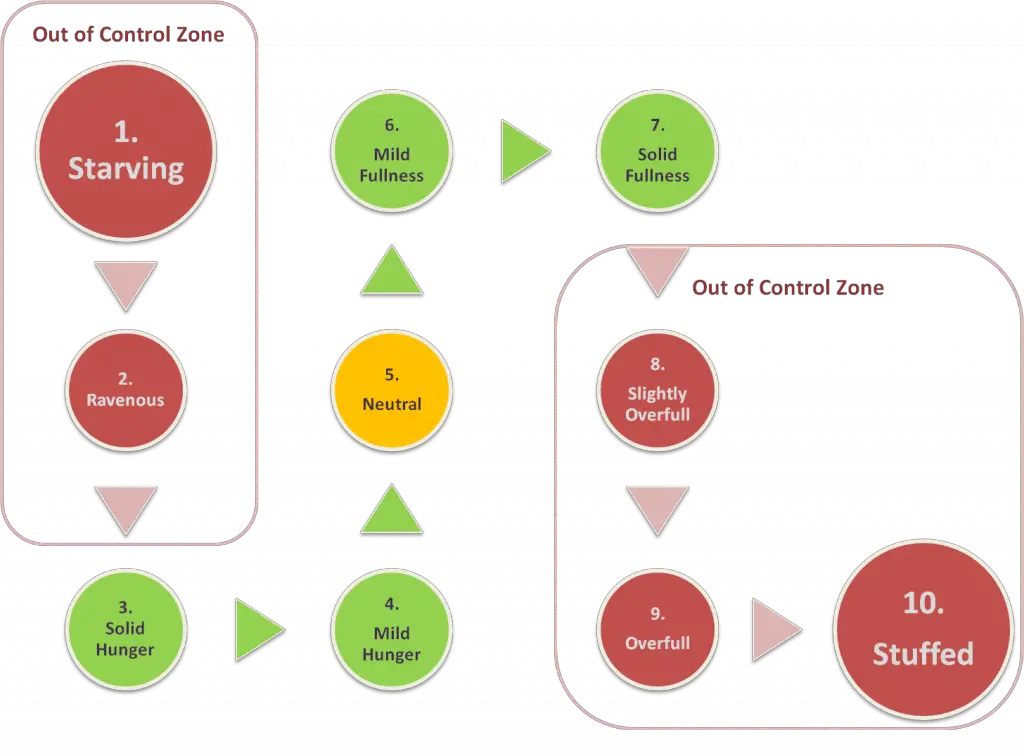
Starving people cannot stop themselves from eating insane amounts of food.
Why do we humans binge when we get hungry?
From an evolutionary standpoint, we binge because food used to be scarce in the caveman days.
Imagine killing a huge wooly mammoth and having tons of meat. But you don’t have a refrigerator and the meat is going to rot in a few days!
And since you might go months without any meat you better eat all that meat now!
Here’s the point:
- Some people are not eating enough during the day for whatever reason. They skip meals because, for example, they get too busy at work.
- Other people are on a restrictive diet like Keto where they can only have 5% carbs.
- Many people are trying for weight loss and purposefully don’t eat certain foods.
If you fall into one of these categories then you are at risk of becoming too hungry during the day.
You will binge eat eventually.
You need to put those diets on pause. Put the weight loss on pause while you learn to stop bingeing.
Devote yourself to getting enough nutrition during the day!
People with binge eating disorder are stuck in a cycle where they eat too much and then compensate by eating too little. Avoid this cycle entirely by eating throughout the day!
How To Eat Enough Food During The Day To Stop Bingeing
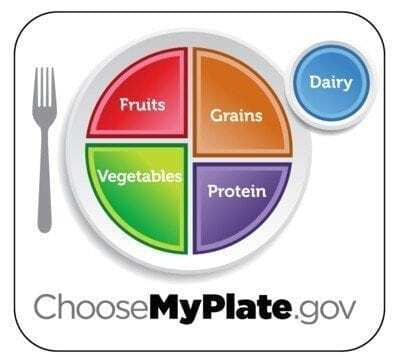
Here are some guidelines to eat enough food during the day to stop bingeing:
- Have breakfast, lunch and dinner
- Have one snack in between lunch and dinner
- Let yourself have a late snack after dinner
- Don’t just have carbs! Make sure you get protein in each meal and snack.
- Make sure you don’t get too hungry after eating. If you are hungry right after eating then you didn’t eat enough food.
- Aim to feel ‘content’ after a meal for 3 hours. Being content is where your belly feels neutral (or even satisfied!) and you do not think about food until about 3 hours pass and it’s time to eat again.
I know this might seem like a lot of rules to follow, but just know that people who have a ‘normal’ relationship with food naturally follow these principles. 🙂
2 – Take Breaks To Manage Stress / Get Sleep
Take time for self care!
If you are stressed or not getting enough sleep, this will lead to more bingeing.
- Stress can make people eat impulsively without being hungry.
- Sleep deprivation can also keep hunger hormones from reaching the brain resulting in overeating later on when an individual gets sleepy at night.
Let me tell you a quick story about a client of mine, a student, who couldn’t stop bingeing.
This student was studying very hard. They were very busy. No time to eat during the day! (first mistake)
Their stress levels were off the charts. Their mind was filled with numbers, equations and planning their day.
They felt like they were running on a treadmill. If they didn’t stop running they would fall off and this would be terrible. Then they would have to spend hours of time catching up.
At the end of the day this student would stop studying, go buy tons of food, and binge eat. They’d go into a food coma and wouldn’t rise for an hour or even more.
Here’s the point:
This student client of mine didn’t take any breaks. Their body and mind wore down. Then they ‘lost control’ and binged.
The binge eating served as a rest break. After the binge eating and during the food coma, they wouldn’t move or think or do anything for at least an hour.
If you want to stop binge eating then you need to take breaks during the day to give your mind and body a break.
Tips To Take Quick Breaks During The Day To Destress
I would like to strongly promote the idea of a 15-minute break every hour, or at least every couple of hours.
Doing something different for 15 minutes will help your mind and body relax from the stress that has built up.
Here are some things you can do in a 15-minute break to rejuvenate:
- Take a walk outside.
- Meditate for 15 minutes with your eyes closed and focus on breathing deeply in through the nose while you breathe out from the mouth slowly. This will help calm the mind, release tension, and improve concentration.
- Spend time alone by yourself or journal to vent about what’s going wrong in life so that these feelings can be processed, which may also lead to more self acceptance and less emotional eating
- Watch an inspiring video of someone like Oprah Winfrey giving advice about how to stop binging. It is important not to watch something negative because it might cause more anxiety.
Don’t Forget About Sleep
Listen, I know you know you need more sleep.
I don’t want to sound like a broken record. But if you are sleeping less than 6 hours per night I would say the odds of you beating binge eating go down 50%.
Lacking sleep is like trying to run a race with one leg. You’re gonna lose.
Here are some tips to get more sleep:
- Turn off all electronics
- Get an eye mask and ear plugs
- Exercise before bed to release endorphins, which will help you sleep better
- Choose a time of night that is best for your body. For some people this may be 11pm, but others it might be 12am or even later. Whatever works!
If you don’t know what works then experiment until you find out the right amount of hours per night that works for your physical needs and emotional well being.
You and your mental health deserve it! And in the long run this will help you to stop eating junk food like a crazy monkey!
And guess what? If you are less stressed then you’ll be way more likely to stop binge eating and emotional eating throughout the day.
And then guess what?!? You’ll be in a much better position to lose weight and have a better body image!
Now let’s switch gears and move on from Prevention. Our next focus is on what to do in the moments when you have a food craving.
Why You Lose Control
Check out the image below of a habit cycle.
The important thing I want you to focus on is ‘cues’.
A cue is a stimulus that triggers an automatic response. In our situation the automatic response is binge eating.
But what ‘triggers’ binge eating? What cues up binge eating?
What happens before you binge?
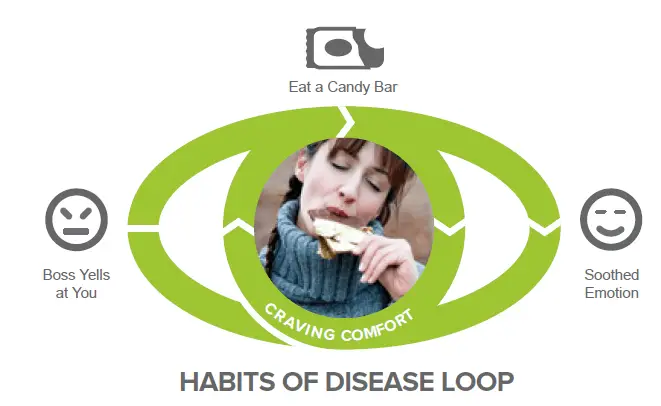
It’s very important you understand this ‘cue’ mindset. This concept of ‘cues’ is why you have such a hard time stopping yourself from binge eating.
It’s because once you are in the grip of an automatic habit, you feel like you must do the habit (i.e., binge in this case).
(You are NOT broken! People with binge eating disorder often think they are broken around food. But this is NOT true. You simply have emotional eating habits! Nothing more, nothing less.)
This phenomenon is why people call themselves food addicts. Even though you need food to live (and therefore can’t be an addict in the true sense), it feels like you are addicted to food.
It feels like you can’t stop yourself. Just like an addict who is addicted to cocaine or alcohol or gambling, you get these compulsions to eat.
But these compulsions are the habit cycle!
These compulsions are the automatic habits your brain has developed over time.
Please know you are not alone. Read this article for more binge eating statistics. 3% of people have binge eating disorder!
How Cues / Triggers Feel

It’s very important that you can notice how cues and triggers feel. Knowing how these feel will help you see the warning signs of a food craving attack.
Here are some signs a cue has been triggered and you are in the middle of a craving attack:
- All you can think about is food
- You can’t think about anything else
- It feels like your stomach is talking to you and telling you what it needs
- Your mouth starts watering (sometimes more than usual)
- There are physical sensations in the chest / neck region, oftentimes like a headache, pressure, tension or anxious feeling
- The mental idea of whatever you are craving seems so delicious or irresistible
If this happens, how do you react? Do you resist these urges by doing something that has been proven not to work: white knuckling yourself through them?
This usually just leads to an even stronger eating disorder impulse later on!
Or do you give into temptation because it’s easier than dealing with all the pain of resisting those feelings around food?
3 – Realize You’ve Been Triggered
Instead of simply trying to will yourself through the impulse, what you must do is REALIZE you have been triggered by some cue.
You must realize that you are not thinking clearly and that your body is reacting with the addiction impulse.
It’s not a rational decision to binge, but an instinctual reaction happening in your brain.
Please Know:
In the beginning of learning how to stop binge eating, you will not consciously realize when you have been triggered.
You will find yourself suddenly halfway through a bag of chips. Or you’ll suddenly realize you’ve eaten way too much food even though you weren’t hungry.
Don’t get discouraged if you miss your cues. You’ve missed your cues for years and this is why you have these habits now!
Here’s what you do next:
4 – Write Out Feelings and Why
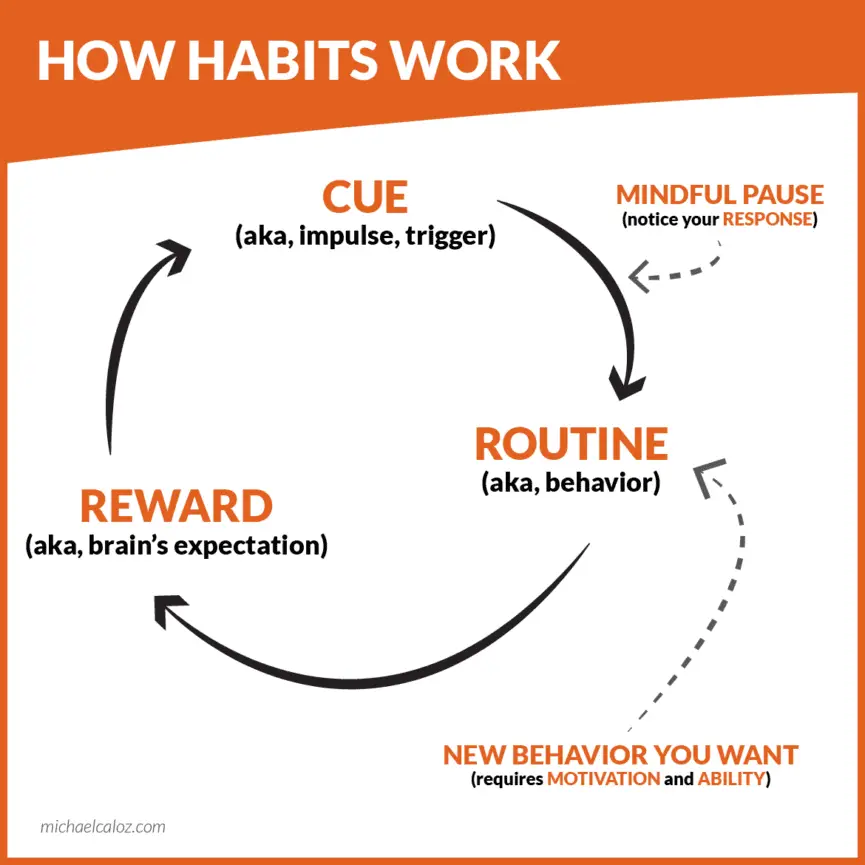
If you can catch your binges before they happen, great.
If you suddenly catch yourself eating, no worries.
What we want to do in either of these situations is to clearly write out your feelings and why you binged or were about to binge.
For example, if you already binged, then you want to reflect back and think back to understand what you were thinking and feeling in the moments before you binged.
Either way, we literally want to write out our emotional feelings and whatever reasons were behind our food cravings.
Here are some examples of what you may write out:
I want to binge because …
- I am feeling hungry and anxious
- I am feeling lonely
- I feel like a total failure
- My friend just told me they are pregnant and I’m not
How To Know You’re Doing This ‘Stop Bingeing’ Process Correctly
There is a critical milestone you must reach in order to stop bingeing.
That milestone is being able to catch your cravings and write out your reasons for binge eating.
AND! You must get to the point of being able to consistently write out your feelings and reasons before binges.
Please Know:
It’s ok to overeat, at least in the beginning of this process, after you have written out your feelings and reasons.
You are not going to stop binge eating disorder cold turkey.
Instead, you will have to practice all these steps over and over again. In this manner you will gain mastery.
Your binges will decrease over time as you become more skilled at:
- getting enough food during day
- sleeping more and stressing less
- noticing the warning signs of a craving attack
- writing out what’s going on before a binge
5 – “Double Check” Sweet Protein and Water
This step is easier to understand and I’ll keep it short.
Once you have written something down, now it’s time to “double check”.
What I mean by ‘double checking’ is you get some protein and water in you to make sure you aren’t hungry.
Since many times you will be craving something sweet, I recommend a ‘sweet’ protein like a chocolate protein bar or chocolate-covered nuts.
Having this protein and sweet sensation, along with some water, can help you get more grounded.
After eating these you are less likely to want to binge, but … if you still want to binge then you do the next step!
6 – Do Self-Care Until Binge Eating Pressure Goes Away

A binge eating craving attack doesn’t last forever.
If you are well-fed and well-slept, this will go a long way.
If you have ‘caught’ your binge eating by writing out your situation, and are having some water and protein, this will help you too!
But know that the binge eating craving probably won’t disappear right away. .
So, how do you ‘make it through’ the binge eating chaos and pressure? How do you manage to not give in till the binge eating pressure goes away?
You do self-care strategies to pass the time and distract yourself!
Here are some self-care strategies to try implementing:
- Take a hot bath or shower
- Make some tea, and drink it while reading something you enjoy
- Do your favorite hobby like painting
- Go for a walk outside in the fresh air
- Or just lie down and relax!
Whatever will help pass time is worth trying. No matter how many times this happens to you … don’t give up on self-care strategies!!
They can really help when binge eating pressure starts to build!
Remember that if you are well fed and rested, are journaling, and are doing some self-care, there’s no need to feel so bad about yourself because eventually it WILL stop!
You CAN get through any binges with these simple coping skills!!! Woo hoo!! You rock!!!! 😉 🙂
Here’s a Pro Tip:
When you caught your food cravings, remember how you wrote about your feelings?
Well, now you can write out how you can manage those feelings and make them go away. This is a tip useful for any eating disorder!
For example, “if I’m feeling hungry and anxious – try to find healthy snacks in the house or wait 20 minutes until your next meal.”
Or “If I’m feeling lonely – call up a family member or friend on Skype for some company” etc.
The point is that we want an action-oriented list of what to do when these feelings arise so we don’t need to eat food as our only option!
If you are stuck for self-care ideas then pinpoint the specific emotion you are feeling and try to deal with that specifically.
Eventually …
The binge craving will die down. It’ll evaporate.
Sort of like a fart.
Have you ever really wanted to fart? The pressure was building up in your buttocks and you kept on holding it? And then the fart went away?
Well … this is sort of the same.
Instead of ‘clenching’ your butt cheeks though, you are ‘pausing, writing, and practicing self-care’.
The same general idea holds true. The fart (or binge in this case) will pass!
7 – Reflect and Repeat
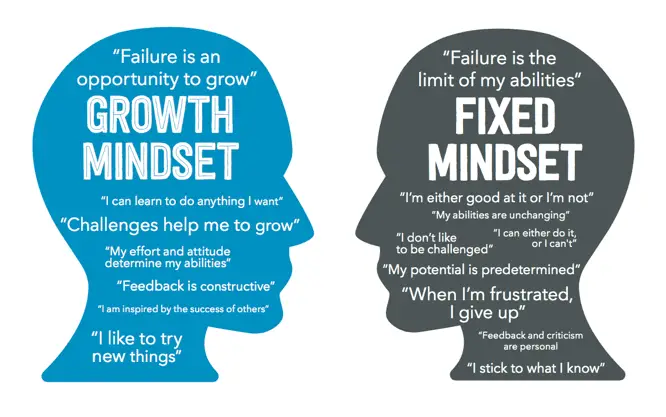
You are going to miss meals.
And you’ll miss out on sleep too.
Sometimes you’ll miss cues and will find yourself binge eating.
Many times you’ll skip the protein bar, and the same with the self-care.
You will binge.
But here’s where we do things differently. Instead of giving up and throwing our hands in the air and saying ‘I can’t do it!’, we instead think about how we can improve the NEXT time a binge attack occurs.
THINK!
Did you miss meals? If so, then next time be sure to not skip.
How much sleep did you get? If less than 6 be sure to get more sleep.
Etc, etc.
What cues did you miss? What emotions were being stuffed under the surface that you didn’t notice until too late?
If the self-care strategy didn’t help you to relax or calm down, then what other self-care strategy can you try next time?
Final Thoughts on How To Stop Binge Eating Disorder
Learning to stop binge eating disorder is a skill!
It’s not a willpower thing where you try SUPER hard. No. It’s a skill you develop over time.
These 7 steps are a blueprint on how you can master these skills and stop bingeing.


